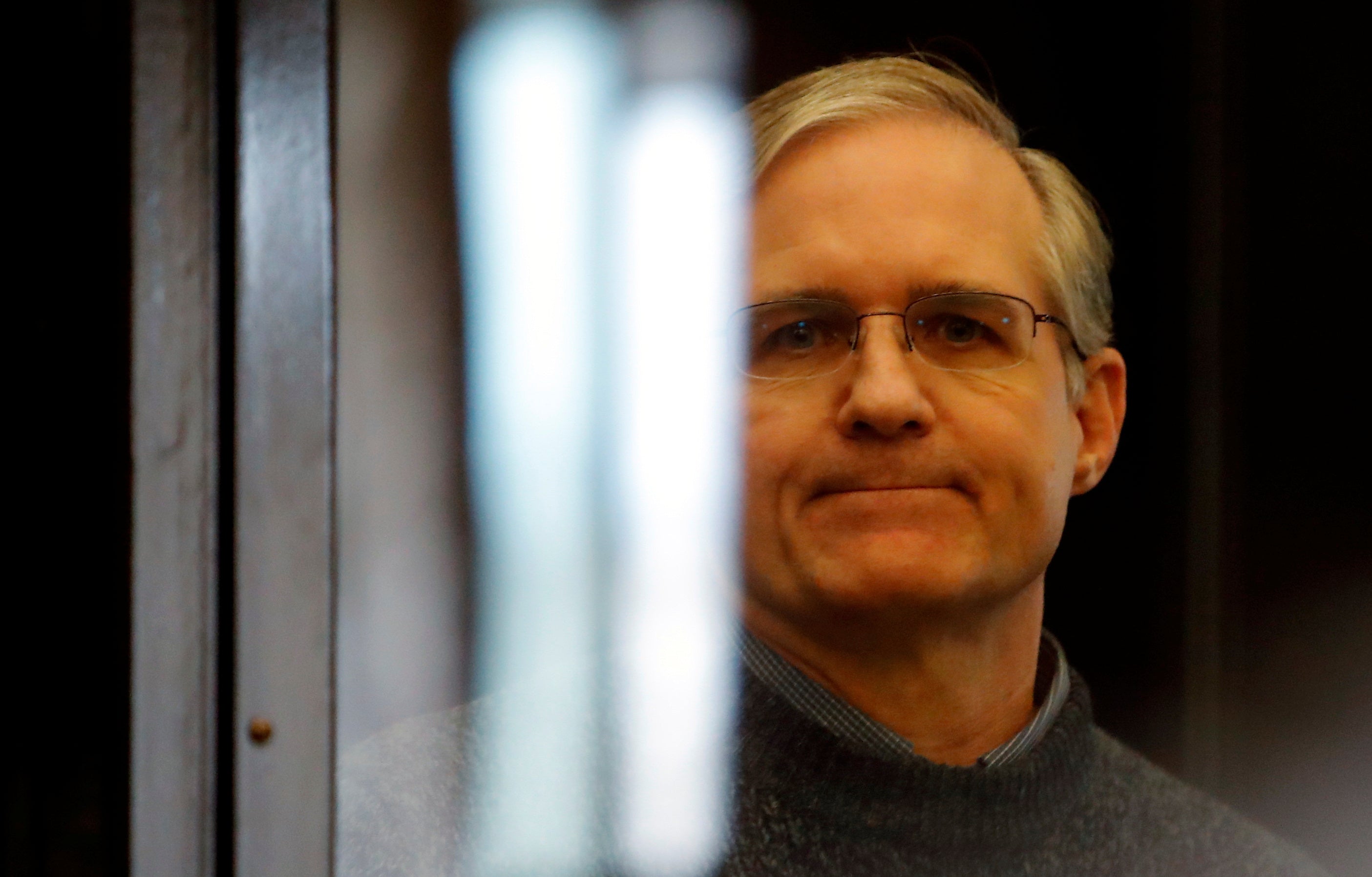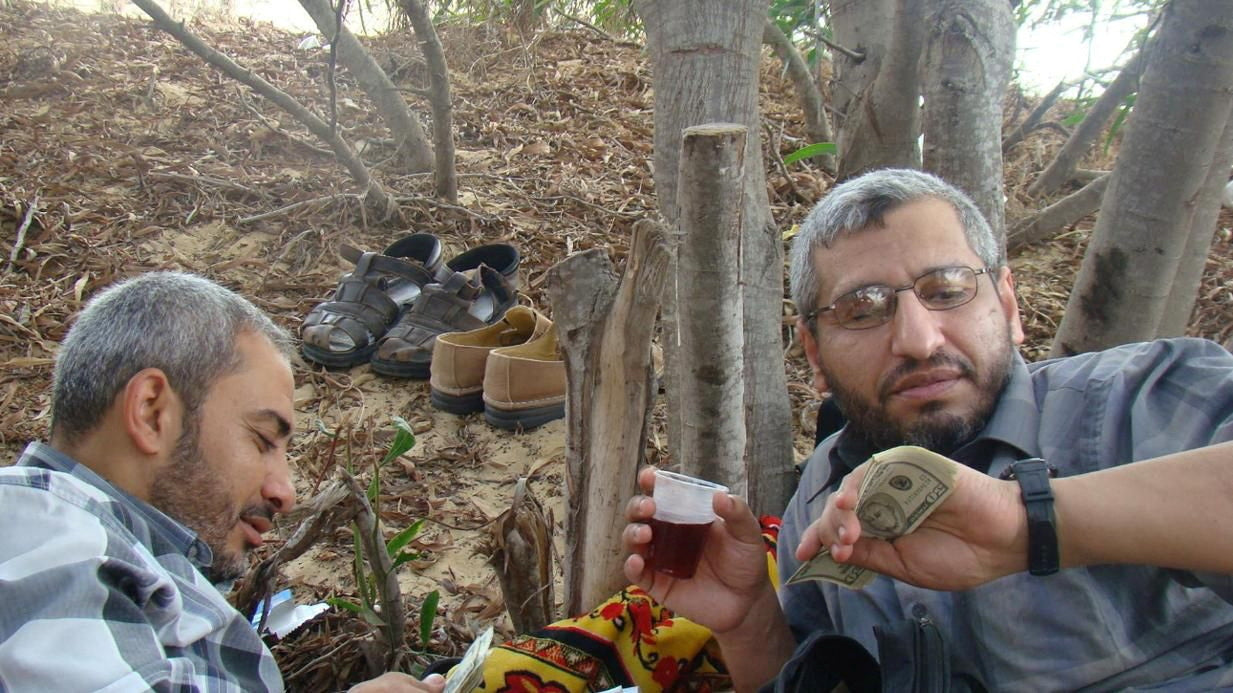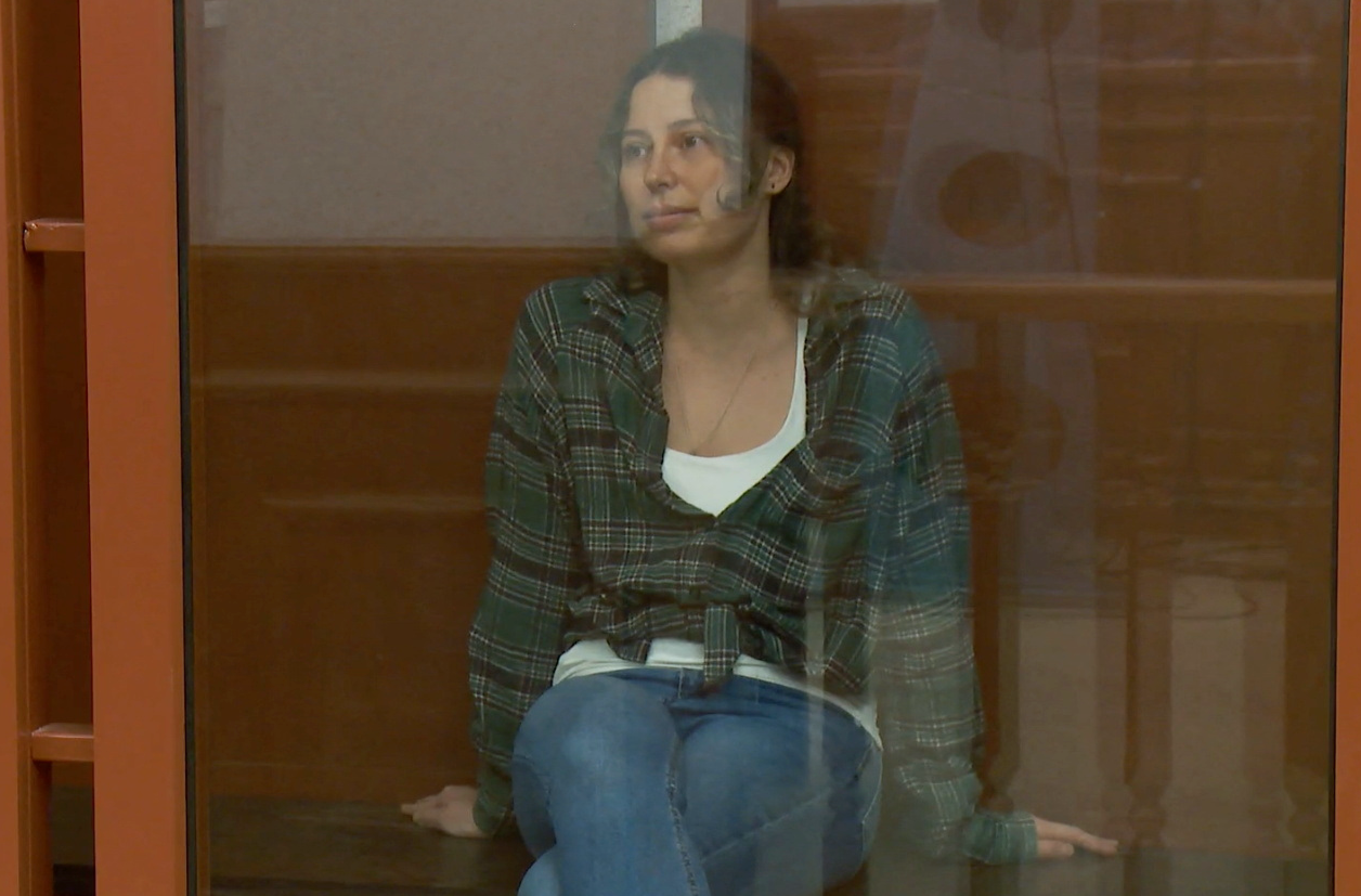
Americans Gershkovich, Whelan freed alongside Russian assassin in biggest post-Cold War prisoner swap
PHOTO CAPTION: U.S. Marine veteran Paul Whelan, who was detained and accused of espionage, stands inside a defendants' cage during his verdict hearing in Moscow, Russia June 15, 2020. REUTERS/Maxim Shemetov
By Andrew Osborn, Filipp Lebedev, Lucy Papachristou and Trevor Hunnicutt
MOSCOW/ANKARA/WASHINGTON (Reuters) -U.S. journalist Evan Gershkovich and ex-U.S. Marine Paul Whelan were released by Russia on Thursday as part of the biggest East-West prisoner exchange since the end of the Cold War, a complex deal negotiated in secrecy for more than a year.
The White House said the U.S. had negotiated the complex trade with Russia and other countries. It said eight prisoners held in the West were being sent back to Russia.
Germany confirmed that they included Vadim Krasikov, convicted of murdering an exiled dissident in Berlin.
President Joe Biden hailed the deal as "a feat of diplomacy and friendship" and praised Washington's allies for their "bold and brave decisions".
"This would not have been possible without our allies," he said, adding: "Today is a powerful example of why it's vital to have friends in this world."
Turkey, which coordinated the exchange, said 10 people, including two children, had been moved to Russia, 13 to Germany and three to the United States. Also involved in the swap were Poland, Slovenia, Norway and Belarus.
"After the completion of the ratification procedures of the parties, the health checks ... the prisoners were placed on the planes of the countries to which they would be travelling with the approval and instructions of the MIT," the National Intelligence Agency (MIT) said in a statement.
A Reuters reporter saw a Russian government aircraft taking off from Ankara.
The Kremlin said Moscow's decision to pardon and free prisoners had been made in order to bring Russian captives home.
Former Russian president Dmitry Medvedev, a vociferous backer of Russia's war in Ukraine, which has prompted the arrest of hundreds of critics and driven relations with Washington to their worst level since the Cold War, was acerbic in a Telegram post:
"Let the traitors now feverishly pick up new names and actively disguise themselves under witness protection programmes."
RUSSIAN DISSIDENTS FREED
In the last major exchange in 2010, 14 prisoners were exchanged.
In December 2022, Russia traded U.S. basketball star Brittney Griner, sentenced to nine years for having vape cartridges containing cannabis oil in her luggage, for arms dealer Viktor Bout, serving a 25-year sentence in the U.S.
Krasikov is a colonel in the Russian FSB security service who was serving a life sentence in Germany for murdering an exiled Chechen-Georgian dissident in a Berlin park.
Russian President Vladimir Putin himself had indicated he wanted Krasikov back and the German government, commenting on the swap deal, said it was "not an easy decision" to free him.
Rico Krieger, a German sentenced to death in Belarus on terrorism charges, was pardoned on Tuesday by President Alexander Lukashenko, a close Putin ally, prior to being freed.
Also released was Vladimir Kara-Murza, a Russian-British dissident serving 25 years for treason after telling the Arizona House of Representatives in March 2022 that Putin was bombing Ukrainian homes, hospitals and schools.
Freed along with him were human rights activist Oleg Orlov and Russian opposition politician Ilya Yashin.
Many of those freed had worked with Alexei Navalny, Russia's leading opposition figure, who died in unclear circumstances in an Arctic penal colony in February.
His widow Yulia Navalnaya, who has vowed to continue his work, hailed the releases as "a great happiness".
"Every released political prisoner is a huge victory and joy. No one should be held hostage by Putin, tortured and die in Putin's prison," she wrote on X.
LITTLE SIGN OF BROADER US-RUSSIA THAW
The massive exchange comes in the waning months of Biden's term in office after he stood down from his reelection bid, nearly four years marked by a sharp increase in tensions between the countries over Russia's invasion of Ukraine.
Administration officials said the multi-country deal appeared to be a one-time exchange that does not herald an easing in tensions between the nuclear-armed countries.
Those released from the U.S. were named as Roman Seleznev Vladislav Klyushin and Vadim Konoshchenok.
In the West, the dissidents are seen by governments and activists as wrongfully detained political prisoners. All have, for different reasons, been designated by Moscow as dangerous extremists.
A Slovenian court on Wednesday sentenced two Russians to time served for espionage and using fake identities, and said they would be deported. Both were among those returned to Russia, according to an official U.S. list.
WSJ Editor in Chief Emma Tucker posted an open letter on the X platform that read: "Today is a joyous day for the safe return of our colleague Evan Gershkovich, who left a Russian aircraft moments ago in Turkey’s capital, Ankara, as part of a prisoner swap with Russia ...
"We are grateful to President Biden and his administration for working with persistence and determination to bring Evan home rather than see him shipped off to a Russian work camp for a crime he didn’t commit."
(Reporting by Andrew Osborn in Moscow, Filipp Lebedev and Lucy Papachristou in London, Ece Toksabay in Istanbul, Mert Ozkan in Ankara; Writing by Andrew Osborn and Kevin Liffey; Editing by Ros Russell and Jon Boyle)









